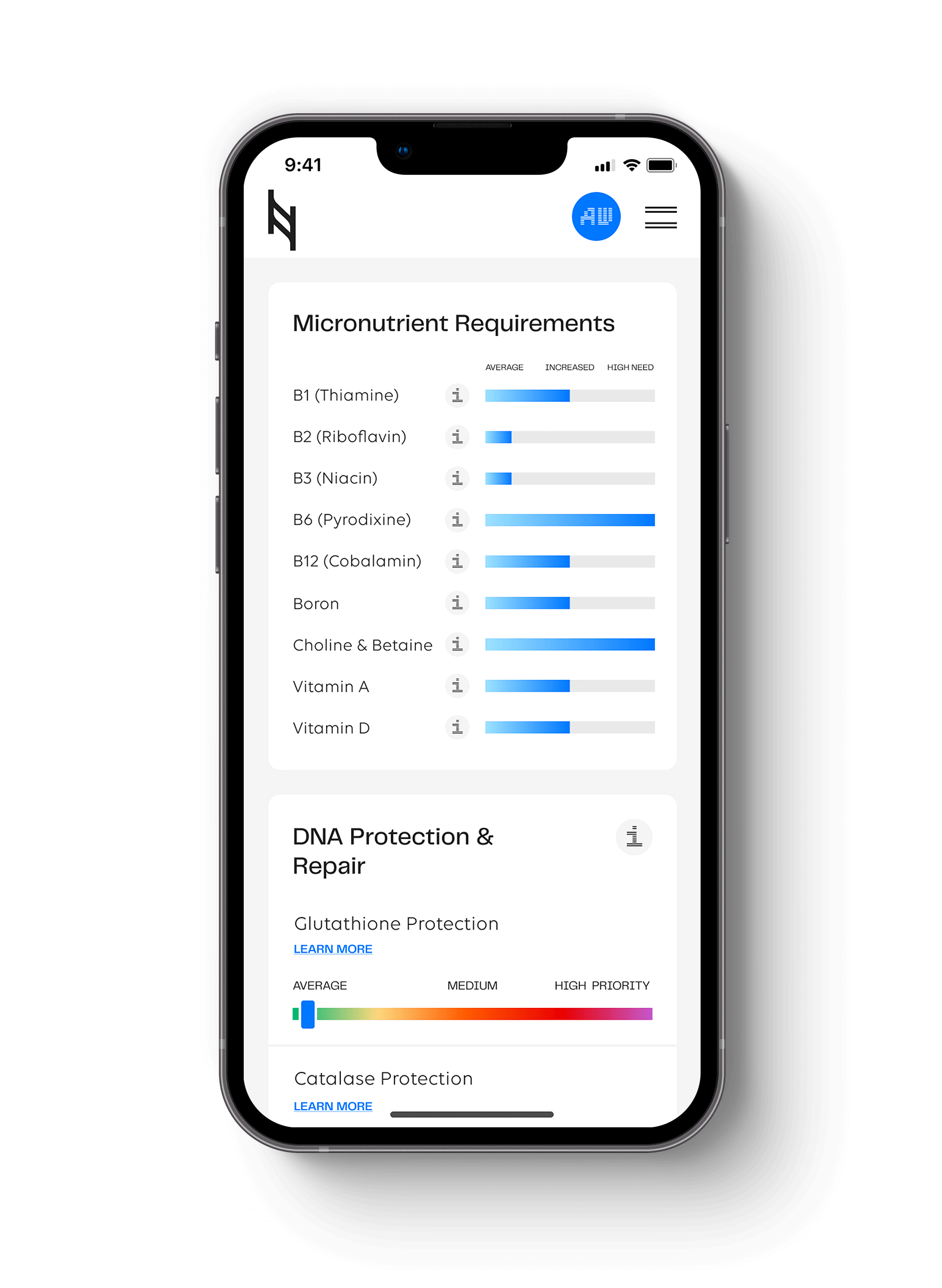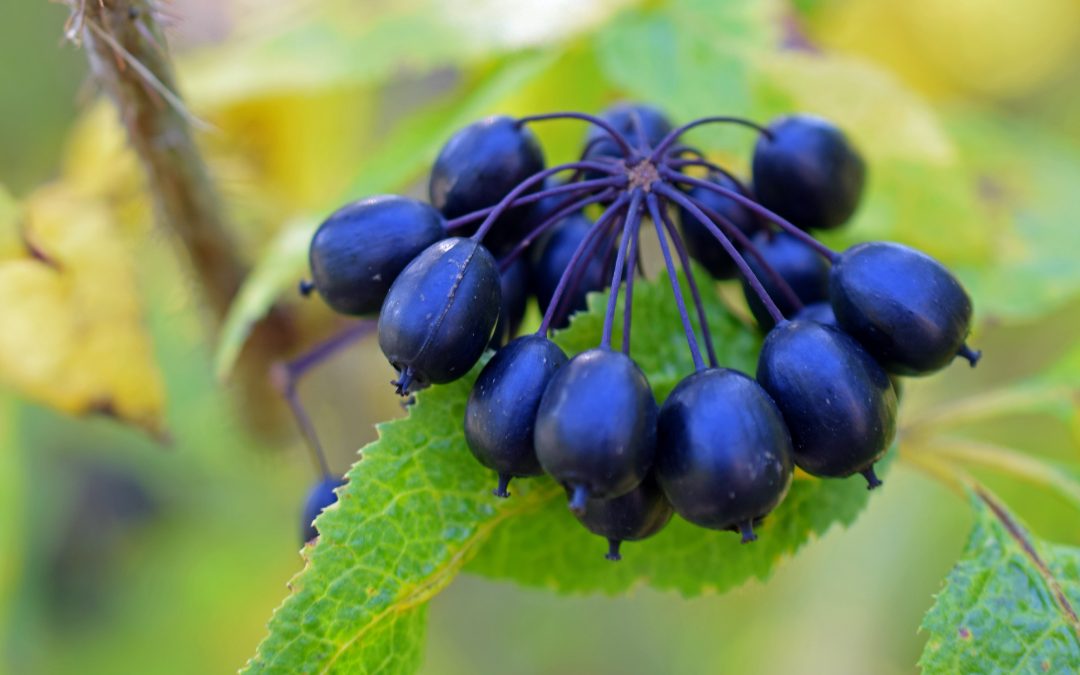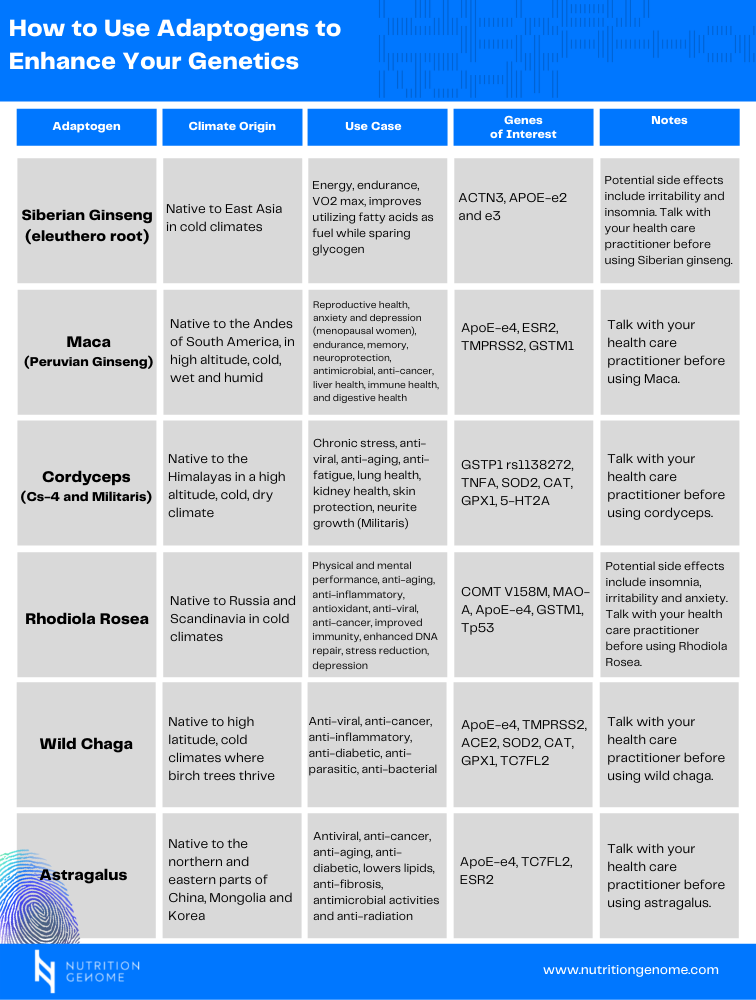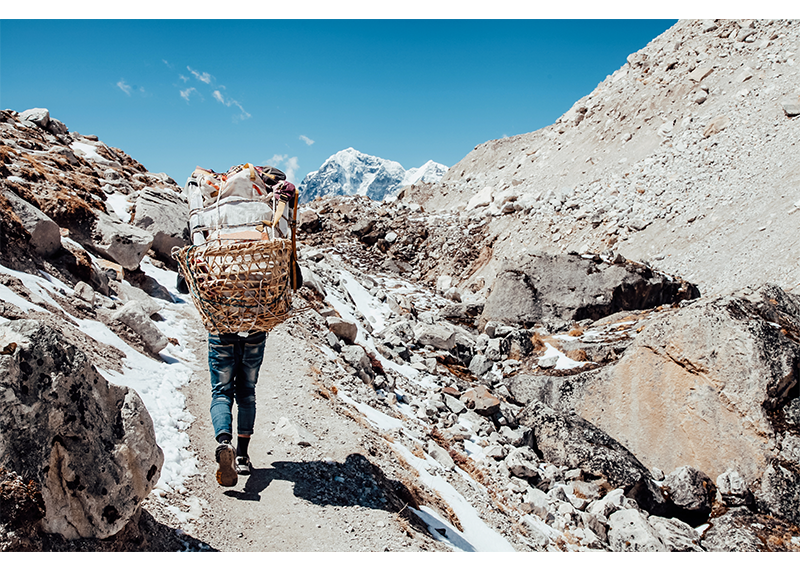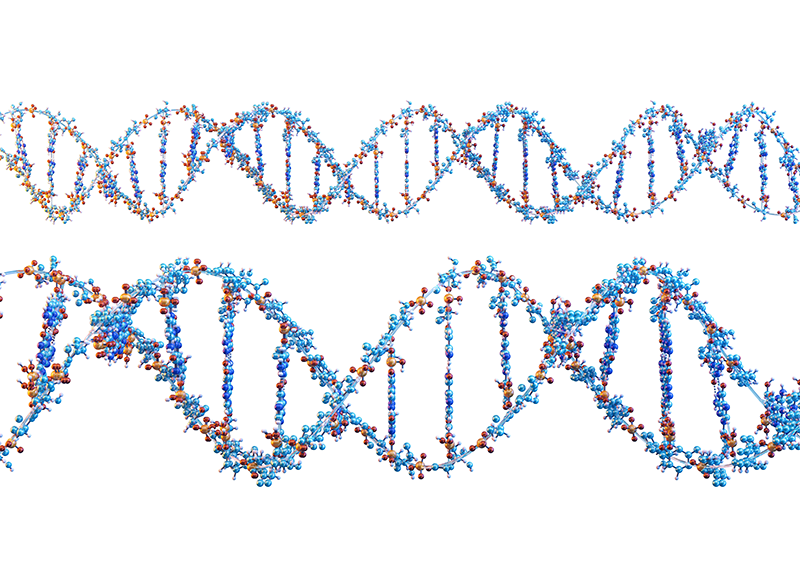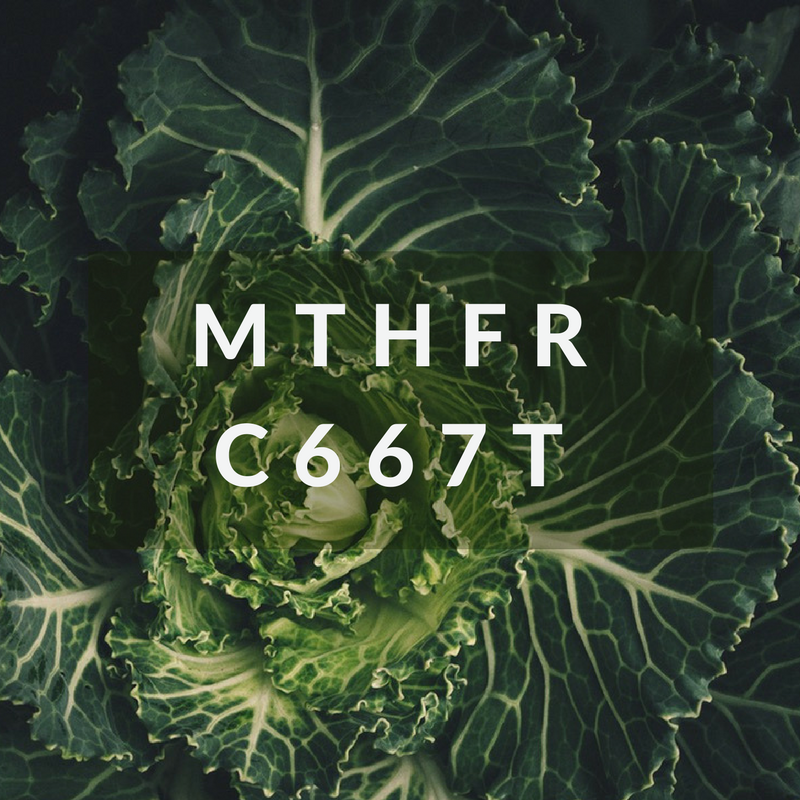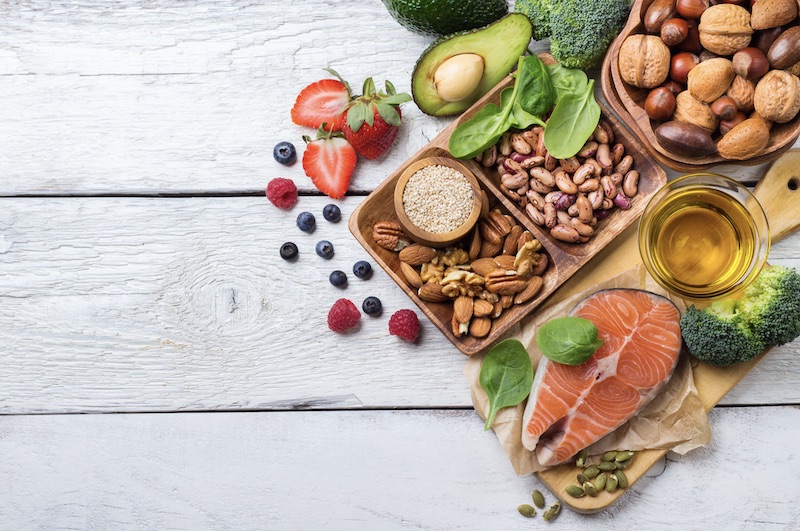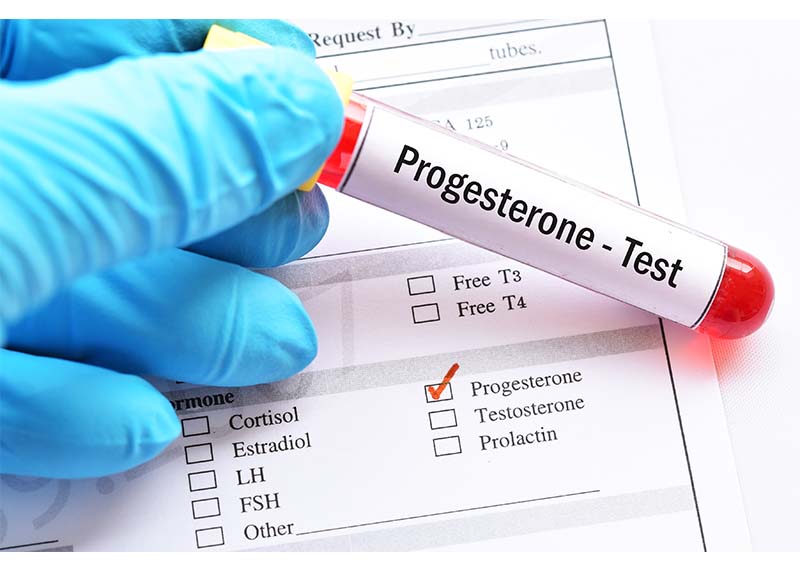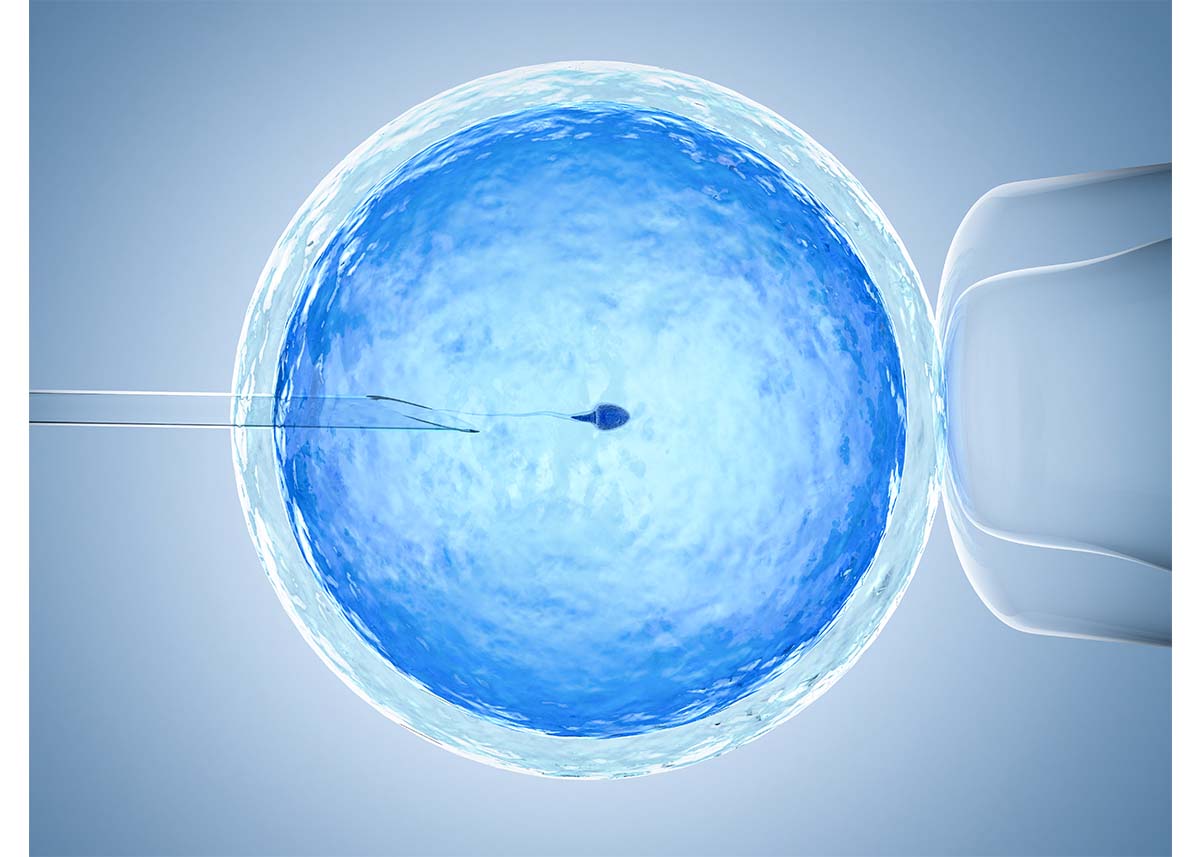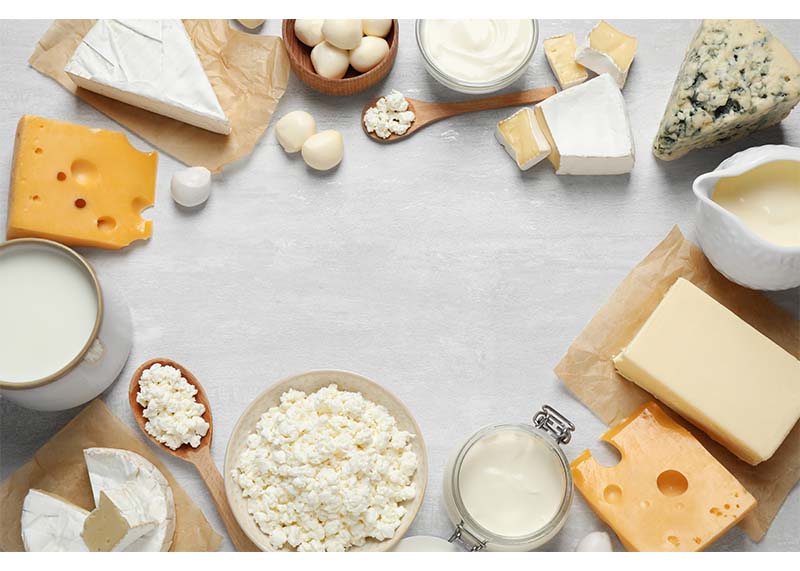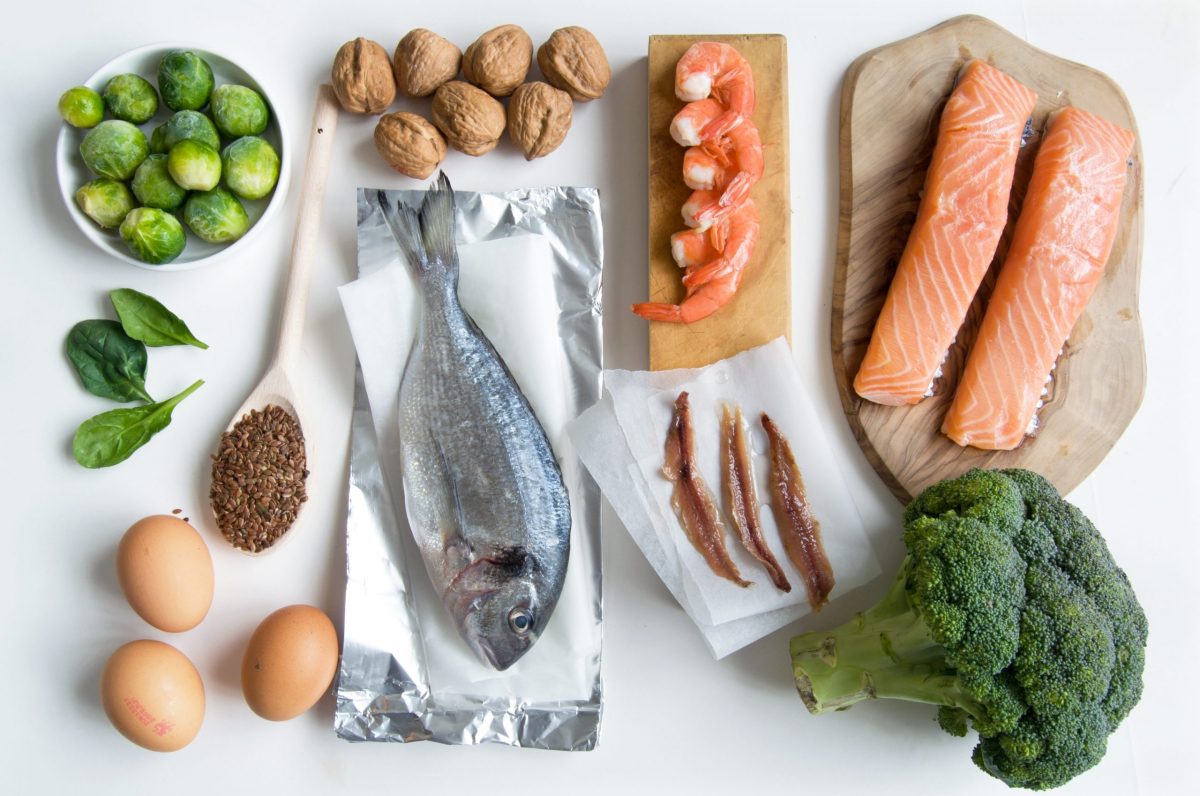Evidence of human adaptation can be found up and down the genome; a unique tapestry of collected stories and struggles of your ancestors over thousands of years. Whether your ancestors adapted to dairy consumption 4,000 years ago, a higher carbohydrate intake from grains during the agricultural age, UV protection (or lack thereof), higher iron levels and climate, to even viral and bacterial protection, you are designed by the predominant elements and the sum total of your families’ DNA experiences over thousands of years.
A fascinating field of research has gained momentum over the past decade on adaptogens, which are plants and fungi that exhibit adaptive qualities that reflect an advantage to surviving in the same environment it grows. As our world has become more stressful, more toxic, and more prone to viral outbreaks, adaptogens have become even more vital to the medical world and population at large.
What Are Adaptogens?
Adaptogens are plants and fungi that increase the body’s resistance to physical (heat, cold, and exertion), psychological, chemical (toxins and heavy metals), and biological (bacteria and viruses) stressors.
Examples can be found growing all over the world, especially in regions of high altitudes and extreme weather. The most well-known adaptogens include reishi, holy basil, schisandra, Ashwagandha, ginseng, cordyceps, Rhodiola Rosea, wild chaga, and astragalus.
Throughout your Nutrition Genome Report, you will find a paper trail of your body’s ability or inability to tolerate heat or cold, psychological stress, protect against toxins and heavy metals, and withstand certain bacteria and viruses. Many of these adaptogens are mentioned in the Nutrition Genome Report based on certain gene variants and an increased need against certain stressors.
How the Plant and Fungi World Assist Human Adaptation
In The Botany of Desire, Michael Pollen outlines how humans and plants have formed an evolutionary, reciprocal relationship over time, much like honeybees and flowers. The bees collect nectar and pollen to make honey and, in the process, spreads the flowers’ genes. He asks, “are we domesticating the plants, or are the plants domesticating us?”
Rhodiola Rosea
Rhodiola Rosea is a plant that grows at high altitudes in the arctic and mountainous regions throughout Europe, Asia, and North America, and has seduced humans for its benefits including physical and mental performance, anti-aging, anti-inflammatory, antioxidant, anti-viral, anti-cancer, improved immunity, enhanced DNA repair, stress reduction, and depression prevention.
In higher latitude locations, you have shorter days of sunlight, longer days of darkness, and more extremes and duration of cold weather. In some people, this can cause serotonin in the brain to go too low, and melatonin too high, leading to depression and lethargy.
Rhodiola targets serotonin and dopamine release by inhibiting MAO-A and COMT, and neurotransmitter transportation in an apparent way to prevent depression and increase mental and physical energy in the surrounding environment.
In people that experience SAD, their serotonin transporter (SERT) goes up in the winter, removing more serotonin from the brain and leading to depression. People who have a long ancestral history in far northern climates may be less likely to experience SAD because their genes have adapted to the light, dark and cold cycle, maintaining normal serotonin levels in the brain.
However, for those with normal SERT levels and naturally higher serotonin and dopamine (as found in certain variants of MAO and COMT or high estrogen levels), and those taking SSRIs or MAOIs, Rhodiola could lead to negative effects including irritability, racing mind, and disrupted sleep.
Cordyceps Mushroom
Cordyceps is an extremely unique medicinal mushroom that grows wild on various insects and arthropods in the high mountains of China, Nepal, and Tibet, and is now domestically produced (without the use of insects and arthropods) as hot water extracts. Cordyceps have been shown to assist stamina, strengthen the lungs, reduce overall stressors, and help acclimation to altitude, all of which are needed to survive in high mountain environments.
Red Reishi (Ganoderma lucidum) Mushroom
Red Reishi is found in many hot, humid, and subtropical regions and many of its health benefits reflect the stressors found in these environments including cardioprotective action, anti-bacterial, anti-viral, lowering blood pressure, liver protection, and shielding against UV radiation damage.
Adapting to the Modern World
Throughout history, selected pressures have shaped the human genome and continue to happen today. New challenges force humans, animals, plants, and fungi to work together for survival.
Today, that challenge is living in a more toxic, environmentally extreme, stressful, fast-paced, and potentially socially isolated work environment as more people work from home.
Chronic exposure to toxins, chronic stress, social isolation, and sleep deprivation depletes your body’s antioxidant reserves, shortening lifespan. Therefore, understanding your gene variants associated with baseline glutathione, superoxide dismutase, and catalase levels (GSTM1, GSTP1, GPX1, SOD2, CAT), along with epigenetic factors (good and bad) represents the foundation of longevity without disease. Adaptogens may assist in spinning your weaknesses into strengths.
The following is a chart to help you reference your Nutrition Genome Report and how certain adaptogens may be more beneficial for your unique genotype combinations for optimal health.
Sources
- https://www.ncbi.nlm.nih.gov/books/NBK92757/
- https://www.ncbi.nlm.nih.gov/pmc/articles/PMC4296439/
- https://www.ncbi.nlm.nih.gov/pubmed/22610748
- https://www.sciencedirect.com/science/article/pii/S037887410800216X
- https://pubmed.ncbi.nlm.nih.gov/33822495/
- https://www.ncbi.nlm.nih.gov/pmc/articles/PMC6412213/
- https://pubmed.ncbi.nlm.nih.gov/21061463/
- https://www.ncbi.nlm.nih.gov/pmc/articles/PMC3603496/
- https://www.nccih.nih.gov/health/asian-ginseng
- https://www.ncbi.nlm.nih.gov/pmc/articles/PMC6567205/
- https://www.ncbi.nlm.nih.gov/pmc/articles/PMC7105737/
- https://www.ncbi.nlm.nih.gov/pmc/articles/PMC5376420/
- https://www.ncbi.nlm.nih.gov/pmc/articles/PMC4296439/
- https://www.ncbi.nlm.nih.gov/pmc/articles/PMC3770031/
- https://pubmed.ncbi.nlm.nih.gov/21793317/
- https://www.sciencedirect.com/science/article/pii/S2225411020309809
- https://alzres.biomedcentral.com/articles/10.1186/s13195-018-0380-0
- https://www.ncbi.nlm.nih.gov/pmc/articles/PMC2952762/
- https://www.sciencedirect.com/science/article/abs/pii/S0308814619303942?via%3Dihub
- https://pubmed.ncbi.nlm.nih.gov/18784609/
- https://pubmed.ncbi.nlm.nih.gov/21520297/
- https://www.ncbi.nlm.nih.gov/pmc/articles/PMC4559428/
Hit your health goals faster
We'll help you remove the guesswork
Experience the most advanced nutrigenomic test available, covering 100 clinically relevant genes for a "whole body" analysis. Take control of your health today.
$359
